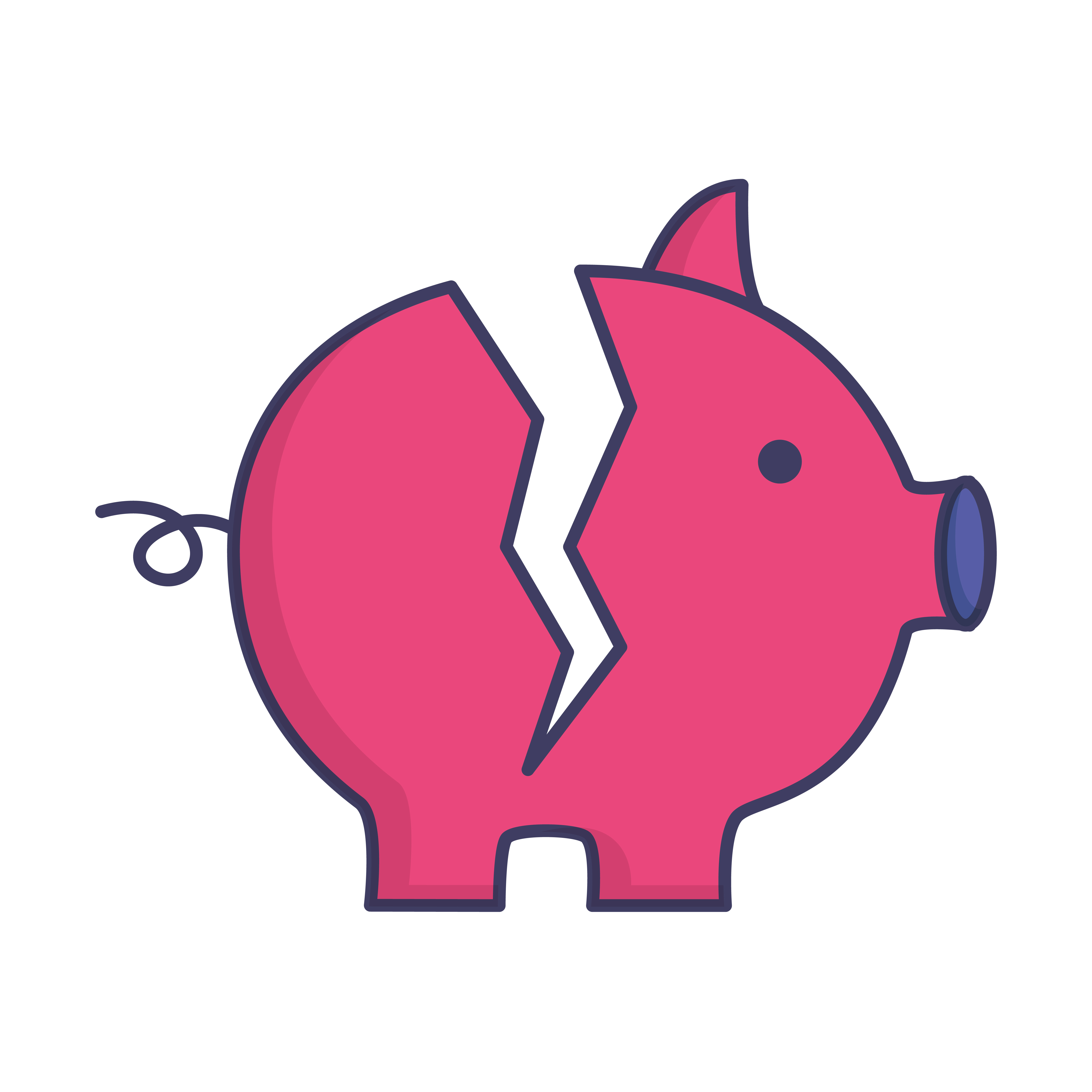3 min read
What is the difference between Chapter 7 and Chapter 13 Bankruptcy?
RMDLG Staff
:
June 30, 2020

There are different types of bankruptcy protection and they are known by their chapter numbers in the Bankruptcy Code or the law that covers bankruptcy. What most people typically think of as bankruptcy is Chapter 7. This is called a “liquidation” bankruptcy: your property is sold, your creditors get a portion of whatever assets there are, and then all your debts are wiped out after that. Chapter 13, however, is actually more common. This is called a reorganization bankruptcy. It gives you the opportunity to continue paying down your debts and to keep your property, and eventually, some of the debt may be reduced or eliminated depending on how much you owe and your ability to pay.
How do I know which type of bankruptcy I should file for?
In order to file for Chapter 7, you need to meet certain qualifications. First, if your income is under the median income for your state based on your family size, then you qualify for Chapter 7. In Colorado, these income levels are around $58,000 for one person, $76,000 for two people, $85,000 for three people and $97,000 for four people. These numbers change often, though, so please check with us for more specifics. If your income exceeds those levels, you must pass a means test in order to file for Chapter 7. This just means a determination is made based on your income and your debts of your ability to pay them after you cover your essential living expenses. If you have at least some capability to pay some of your debts, you have to use Chapter 13.
Chapter 13 bankruptcy is only for individuals and you must have a regular income. If you don’t have income, you would use Chapter 7. Additionally, there are limits on the amount of debt you can have and be able to use Chapter 13. Your total unsecured debt cannot be more than $394,725. Unsecured debt is things like credit cards, medical bills, or utility bills. Your total secured debt must be less than $1,184,200. Secured debt means that there is collateral for the loan, such as your house or your car.
Will I lose all my property if I file a Chapter 7?
No, you will not lose everything you own. There are a number of different exemptions that you can use to keep a lot of the things that you own. This is actually one of the great benefits of bankruptcy because, while creditors who get a judgment from the court can go after almost any of your assets, many things are protected in bankruptcy. Exemptions differ by state, and there are also federal exemptions that you might be able to use. You will most likely be able to keep things like your clothes, furniture, and jewelry if the value is below a few thousand dollars. If you have a Rolex collection, you’re probably not going to be able to keep that.
What about my property in Chapter 13?
Your assets are not sold in Chapter 13 like they are in Chapter 7. This is because the goal is to reorganize so that you can pay your debts. You will have to come with a Bankruptcy Plan which will have a repayment period, usually three to five years. During this time period, you will have to successfully make all of your payments. If you do, however, you may able to keep all your property and reduce or eliminate any remaining unsecured debt after that. You won’t be able to discharge any secured debts, such as the mortgage on your house, or your car payment if there is still anything owed. However, the court does have the power to change the terms of those loans. For example, they can change the interest rate if it is too high, or they can reduce the balance on your car loan if the loan is for much more than the car is worth.
Do they impact my credit differently?
Yes. A Chapter 7 can remain on your credit report for up to 10 years and a Chapter 13 can remain on credit reports for up to 7 years. Lenders will also consider these things differently when considering whether or not to give you a loan in the future. If you file for Chapter 13 and successfully complete your plan, it shows that you still made an effort, and maybe you even paid off most or all of your debts with the additional time and protection from the court. There are many factors that impact your credit score, as well as how lenders will look at you in the future. For example, if the only reason you filed for bankruptcy protection was medical bills, some lenders will look at that differently than if you spent too much on credit card bills that you could never afford.
It is important to also consider that, if you are not currently paying your bills on time, while you decide whether to file for bankruptcy, your credit history is being negatively impacted. Filing for bankruptcy protection might be a way to get you back on your feet faster by ending all of the negative reports, month after month.
Keep in mind that this is just an overview and you should contact us to get answers on your specific situation. The law also changes from time to time so things like the amount of the exemption might be different. We understand every situation is different and our attorneys will do their very best to help you!



